A Commentary on Isaiah, Part 4: Patterns of Societal Collapse
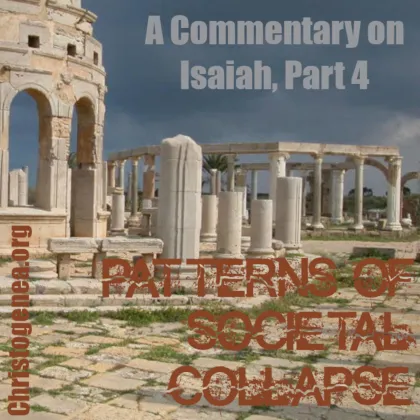
A Commentary on Isaiah, Part 4: Patterns of Societal Collapse
Isaiah chapter 2 had opened with a promise of hope, which was evidently a vision for some time far off in the future, since it was followed by a much more immediate condemnation and imminent judgment of the people of Israel of Isaiah’s own time. This condemnation was for greater Israel, since it had made references to the cedars of Lebanon, the oaks of Bashan, which were allegories for various of the tribes of ancient Israel, and also to the ships of Tarshish, the ships by which the children of Israel had spread themselves abroad. In this condemnation they were condemned for their sorceries, for their idolatry, for their haughtiness, and because they had pleased themselves in the children of strangers, which is fornication or race-mixing.
Therefore we must understand that since there was a message of hope which had accompanied the condemnation of Israel for their sins, that Yahweh God had never intended to destroy Israel entirely, but rather, His intention was, and is, to punish them for their sins, so that they would ultimately conform to His will and through their conformance, He could fulfill the things which He had promised to their fathers. As we also hope to have illustrated, it is very likely that by the time Isaiah had written these words, the prophet Amos had already completed the course of his prophecy, and in Amos chapter 3 we read: “1 Hear this word that the LORD hath spoken against you, O children of Israel, against the whole family which I brought up from the land of Egypt, saying, 2 You only have I known of all the families of the earth: therefore I will punish you for all your iniquities.”

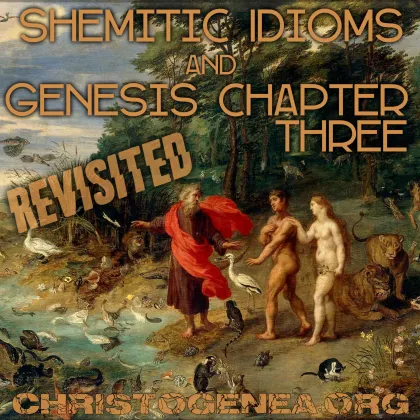
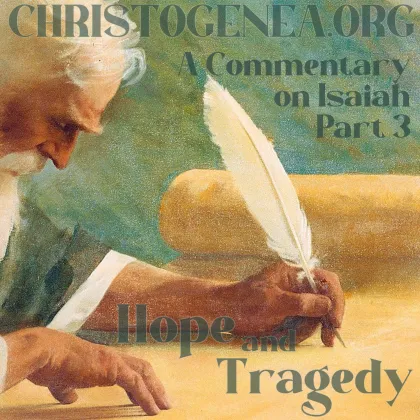
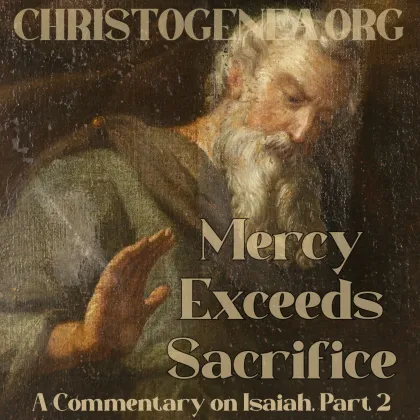

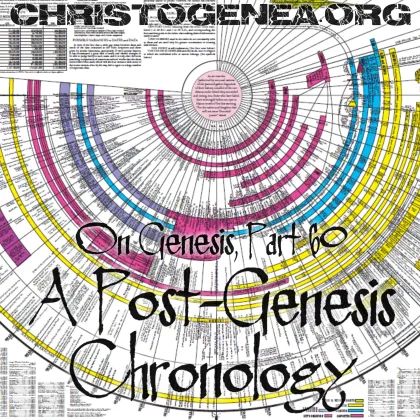
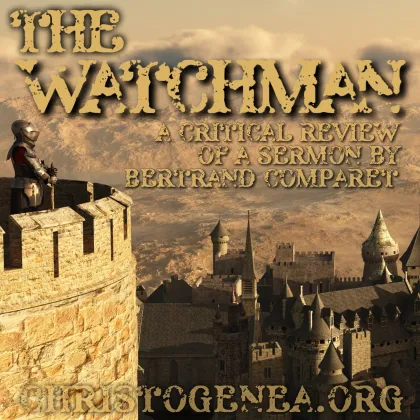
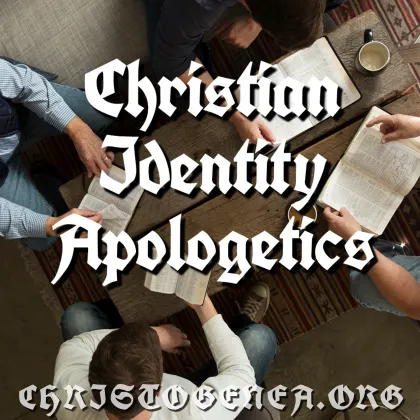


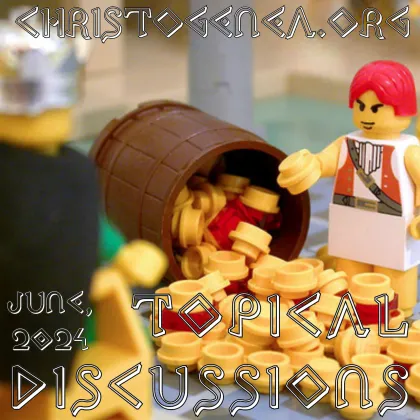
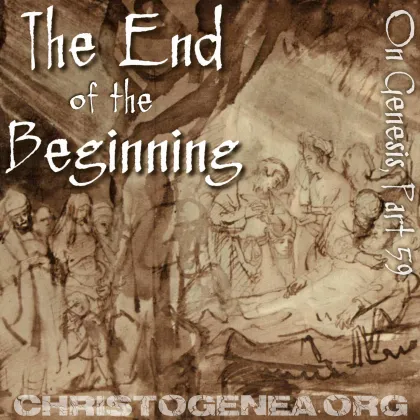

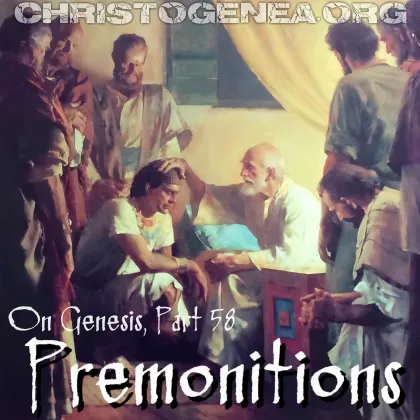
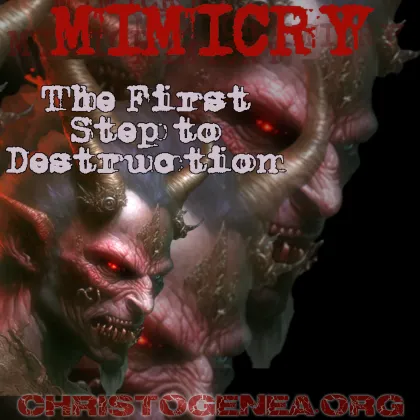

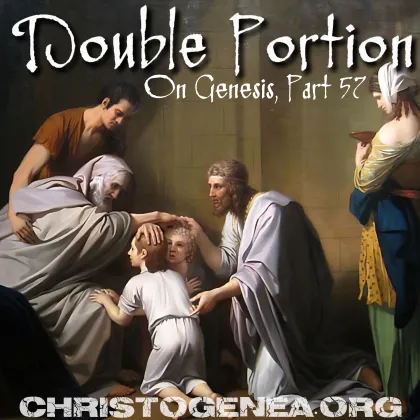
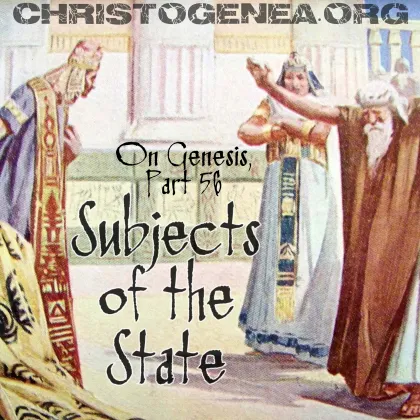
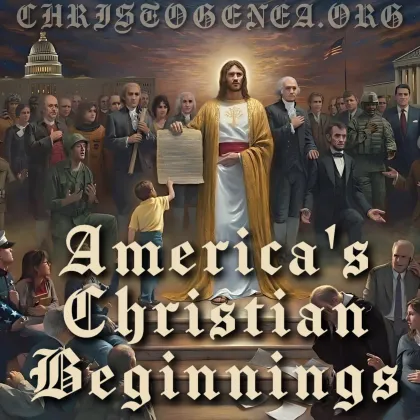
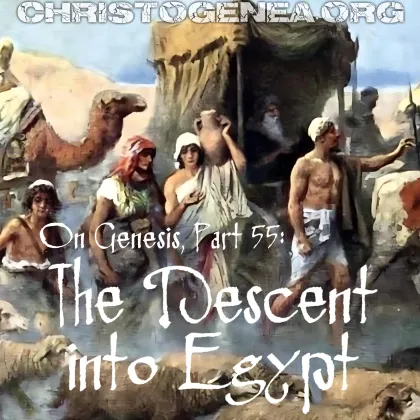




 Please click here for our mailing list sign-up page.
Please click here for our mailing list sign-up page.







